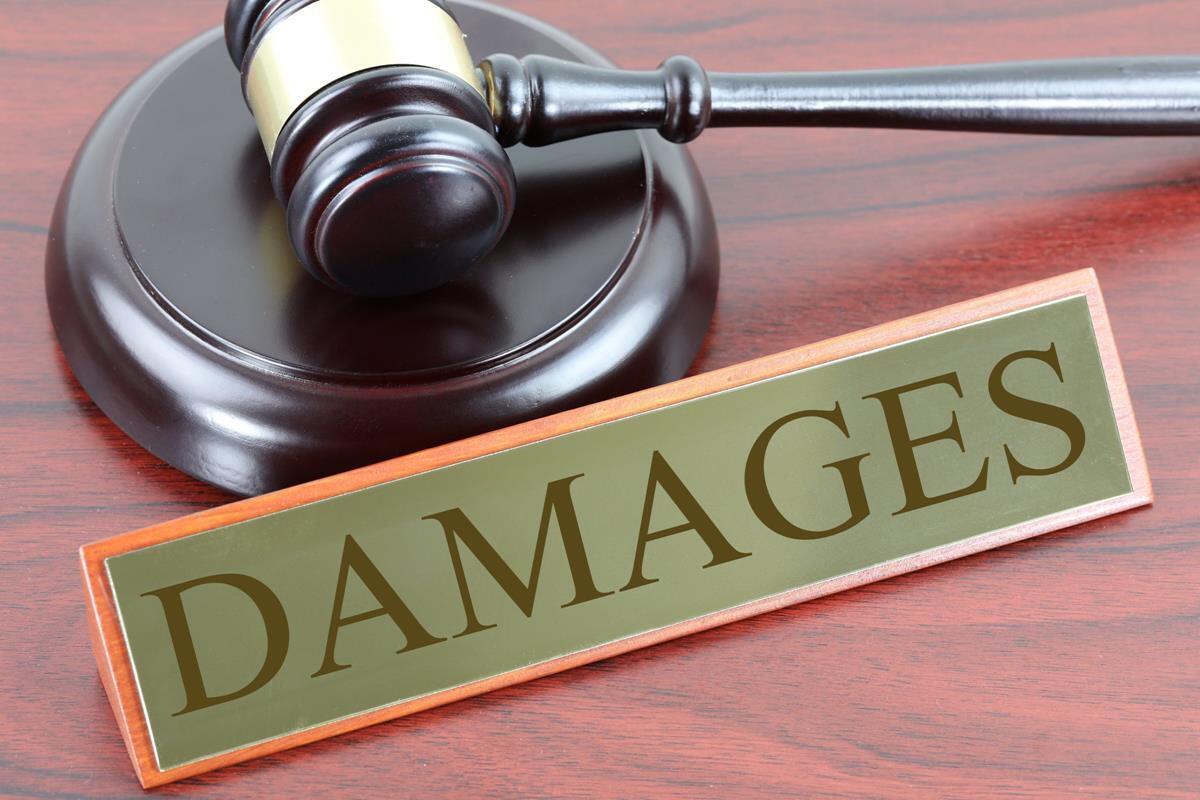After an accident, you may deserve compensation for your medical bills, property damage, lost wages, pain and suffering. But what about punitive damages? When are punitive damages awarded and how much can you get? Our Colorado personal injury lawyers explain.
What Are Punitive Damage?
Punitive damages refer to money that a guilty party may be required to pay in a personal injury claim. The compensation is meant to cover damages or injury due to the defendant’s egregious and offensive conduct. These payments don’t compensate the victim for their losses but instead penalize the defendant for serious misconduct.
Are Punitive Damages the Same As Pain and Suffering?
No. Punitive damages are based on the careless or dangerous conduct of the defendant as a form of punishment while a pain and suffering award addresses losses sustained by the victim.
Pain and Suffering Claim
Even if the defendant was guilty of ordinary negligence, a victim could claim considerable pain and suffering. The defendant’s degree of guilt doesn’t play a role in the amount of pain and suffering that the victim receives. Some examples of these types of damages include:
- Physical pain
- Mental suffering
- Loss of enjoyment of life
- Disfigurement
What Is the Colorado Law for Punitive Damages?
Colorado law § CRS 13-21-1021 allows victims to claim damages if their injuries result from fraud, malice, or willful and wanton misconduct. The law creates a procedure for claims and limitations on the amount of an award.
For example, a car accident victim may claim punitive damages if the defendant’s gross negligence, recklessness, or willful or wanton disregard for the safety of others was the cause of the accident and need for medical care.
How Are Punitive Damages Calculated?
Three criteria that determine these damages include:
- A) The level of the defendant’s misconduct – Did they act out of fraud, malice, or a willful disregard of the safety of others?
- B) Compensatory damages awarded in the case – The court may award up to the actual amount of compensatory damages or up to three times the amount of compensatory damages
- C) if the defendant’s behavior meets aggravating criteria.
Amount of damage done – The court may consider:
- The cause of the accident
- Purposeful acts by the defendant
- Whether the defendant acted while intoxicated
- Other crimes in the same course of action
- If the parties had a personal history
- The extent to which the defendant knew their conduct was reckless
Determining how much to ask for in punitive damages begins with evaluating whether the claim qualifies. If it qualifies, an amount is determined based on awarded compensatory damages and the nature of the defendant’s conduct.

